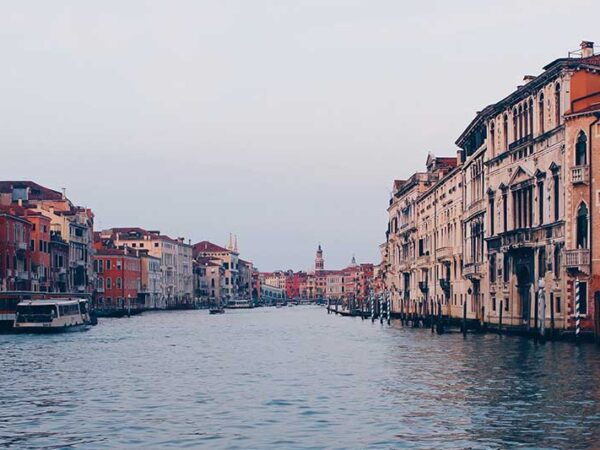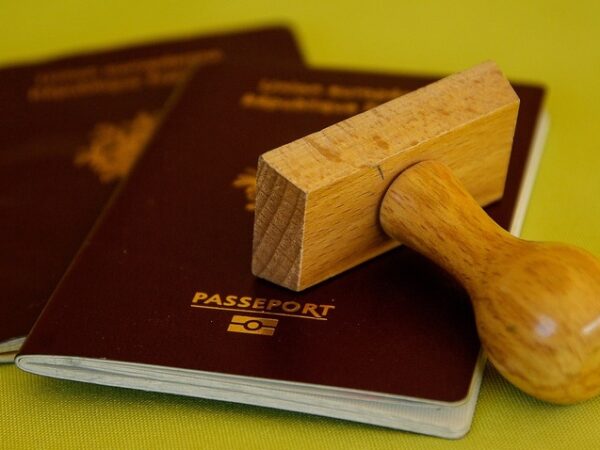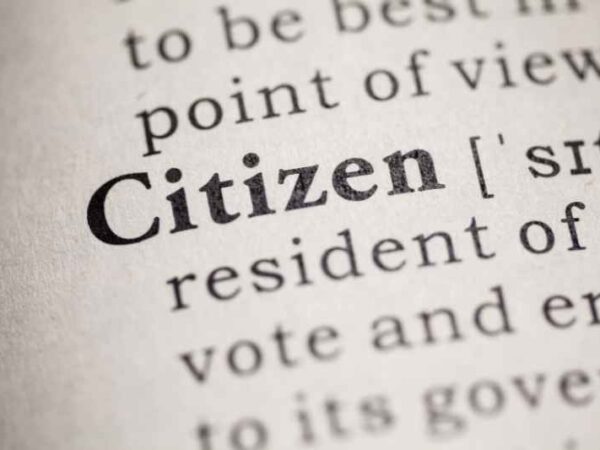Having a European passport is seen as very desirable as these are widely accepted across the globe. Europe is a centre of tourism and business that, taken as a block, rivals the United States in terms of commerce and trade. It is also a largely democratic region with high standards of living, good health care and (mostly) first-class road, rail, sea and air connections. For these and other reasons, many people from outside Europe have taken up citizenship in a European country or are contemplating such a move.
Most European Union countries offer citizenship to non-nationals, but the rules and conditions for granting this standing to non-nationals vary from country to country. Once granted, citizenship confers many benefits on the new citizens as they are then entitled to a passport from the country in question as well as having access to all medical, educational and social welfare benefits afforded to native nationals.
Qualifying for Citizenship
Although there are similarities between the qualifying conditions for citizenship in many European countries, some countries are easier to acquire citizenship than others. As a guide, the following European countries are generally deemed to be more easily accessible to non-nationals seeking to become citizens.
Portugal
Portugal is one of the few remaining European countries that still offers so-called Golden Visas to non-nationals. This is the simplest method of acquiring citizenship but it does require a substantial financial outlay. A minimum investment in real estate, a house, or a business of €500,000 (£435,000) is required. There is also a requirement to spend at least seven days per year in Portugal for a continuous five years.
The amount invested can be reduced to €350,000 (£305,000) if used to buy property in a designated urban regeneration scheme or even to €250,000 (£217,000) when used to assist in the regeneration of Portuguese arts or culture.
Alternatively, citizenship can also be granted to foreign nationals who maintain a balance of one million euros (£870,000) in a Portuguese bank or purchase shares to the same value in a Portuguese company.
Spain
Spanish citizenship is also available through investment, though the simplest route is to reside and work in the country for a minimum of ten years. Holders of European passports can easily gain citizenship through investment, but it is more difficult for individuals from countries outside the European Union and Schengen Area.
Acquiring citizenship by investment also requires the applicant to have been resident in Spain for at least ten years and the purchase of property with a minimum value of €500,000 (£435,000) or shares worth one million euros or a Spanish bank account with the same balance.
Poland
Polish citizenship is available through marriage, residency, ancestry or investment. Marriage to a Polish national allows the spouse to apply for citizenship, but the marriage must be at least three years old, and the applicant must have been legally resident in Poland for two years.
Citizenship through residency is available to non-nationals who have been living in Poland for a minimum of three years on a permanent residency permit.
Persons with Polish parents, grandparents, or even great-grandparents are fully entitled to apply for citizenship, although this is never guaranteed to be approved.
Business people operating in Poland can apply for citizenship for relatively small amounts of money as long as they have held a temporary residency permit for at least three years.
Malta
Investing in the Maltese economy is the simplest and quickest way of acquiring citizenship. A minimum investment of €600,000 (£520,000) and three years of residency is required, or for faster access, a larger investment of €750,000 (£650,000) and just one year of residency will allow an investor to apply for Maltese citizenship.
It is also possible to acquire citizenship through ancestry if one parent is a Maltese citizen or if the applicant has been legally resident in the country for four years or more and has two sponsors from a list of approved Maltese citizens, which includes members of parliament, doctors, public notaries and high-ranking police officers.
Belgium
The most common route to Belgian citizenship is living and working in the country for five or more years. The citizenship application process also requires the applicant to have a good knowledge of French, Dutch, or German and be well integrated into Belgian society.
Citizenship may also be granted to the children of Belgian nationals or through marriage to a Belgian citizen once some set conditions have been met.
Republic of Ireland
It is necessary to have resided legally in the Republic of Ireland (on an Irish Residence Permit if originating from a non-EU country) for five or more years before any application for citizenship can be submitted. A fee of around €950 (£825) is applied to all successful applications.
Citizenship may also be granted to non-nationals with at least one parent or grandparent who was born in Ireland.
Sweden
The three main routes to Swedish citizenship are through residency, marriage and investment.
Working and living legally in Sweden for five or more years is the minimum requirement for citizenship through residency.
Two years of marriage to a Swedish national and three years of legal residency are necessary before an application for citizenship through marriage can be submitted.
Sweden offers an Investment Visa to wealthy non-nationals who wish to invest in a Swedish company or open a business in the country. Certain industries are preferred, but any business can be considered with an initial investment of €18,000 being required and further funding being added later.
France
A minimum residency of five years is necessary for most applicants for French citizenship, although this is reduced to two years for those who complete their university studies in the country. A good working command of French and some knowledge of French politics, culture and history are crucial to a successful citizenship application.
The Netherlands
A five-year residency in the Netherlands and passing an integration exam are part of the process for acquiring Dutch citizenship. A high standard of Dutch is required, and those granted citizenship must give up any other citizenship held, as dual citizenship is not permitted.
It is also possible to become a Dutch citizen through ancestry or marriage to a Dutch national subject to certain terms and conditions.
An Honourable Mention
Looking beyond European Union member states, Norway and the United Kingdom are two countries that deserve an honourable mention for being popular choices when seeking citizenship.
Norway
Some dedication is required for those seeking Norwegian citizenship. Prospective new Norwegian citizens must have spent a minimum of seven years in the country, have acquired a good command of the language and then pass the Norwegian citizenship test, which is not easy. On the plus side, Norway allows dual citizenship, so a newcomer need not lose his or her original citizenship.
The United Kingdom
The rules governing UK citizenship have tightened considerably in recent years but it remains a first choice for many despite this fact. Qualifying through parents or marrying a UK national may be possible but most people will need to spend five years or more within the United Kingdom and then pass the government’s Life in the UK examination.
However, as both of these countries are not part of the EU, it is necessary to have the correct documentation to enter either or take up employment while there.
Many Advantages
There are many advantages to becoming a citizen of a European Union member country. Firstly, a passport bearing the EU logo is readily accepted in most parts of the world. Secondly, European citizenship makes travel simpler and quicker to any EU or Schengen country.
The European Union is currently introducing ETIAS(European Travel Information and Authorisation System). This will soon become a mandatory requirement for all non-EU citizens wishing to enter or travel through the greater European area. Other European countries outside the European Union but part of the Schengen Area (Norway, Liechtenstein, Switzerland and Iceland) also require non-EU visitors to possess the correct form of Schengen Visa before being allowed entry.
Holders of European Union passports are not required to have either an <a href=”https://europe-visa.com/etias-and-schengen-visa-updates-summer-2022/”>ETIAS or Schengen Visa</a> for European travel thus saving on the time, trouble and expense that non-European passport holders must endure.




